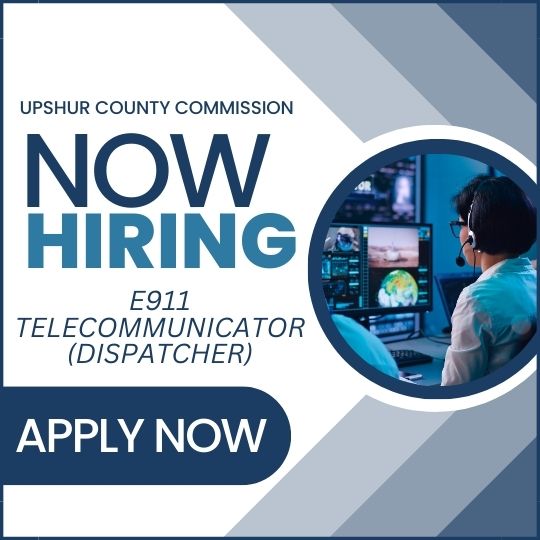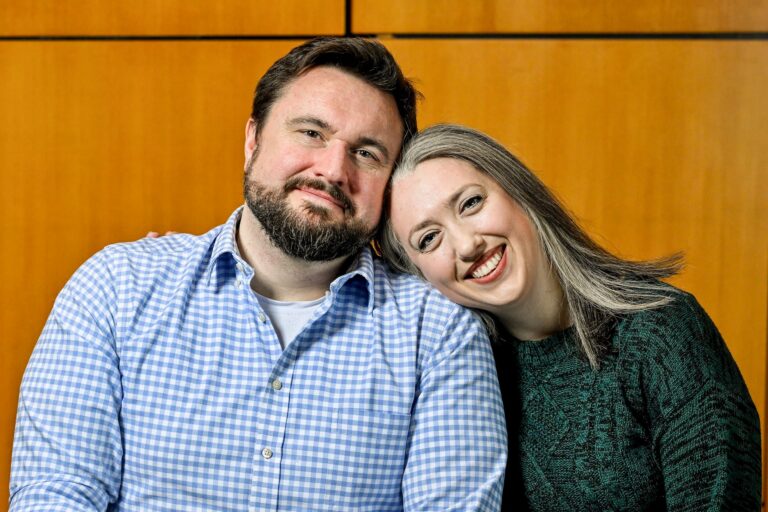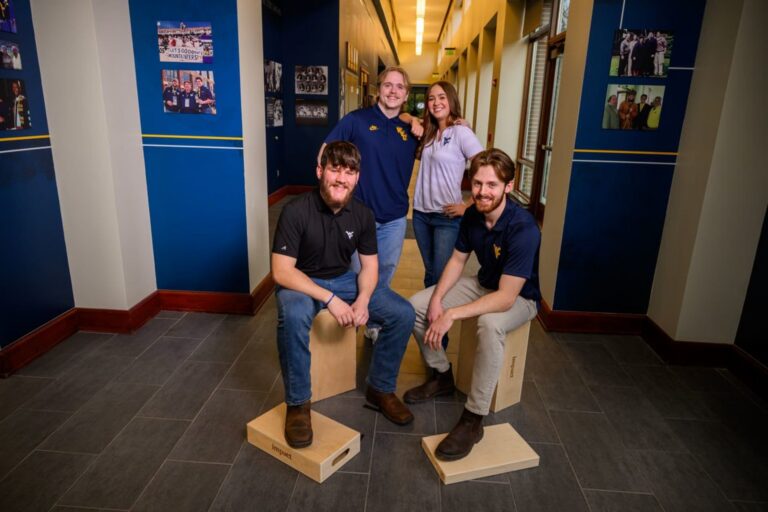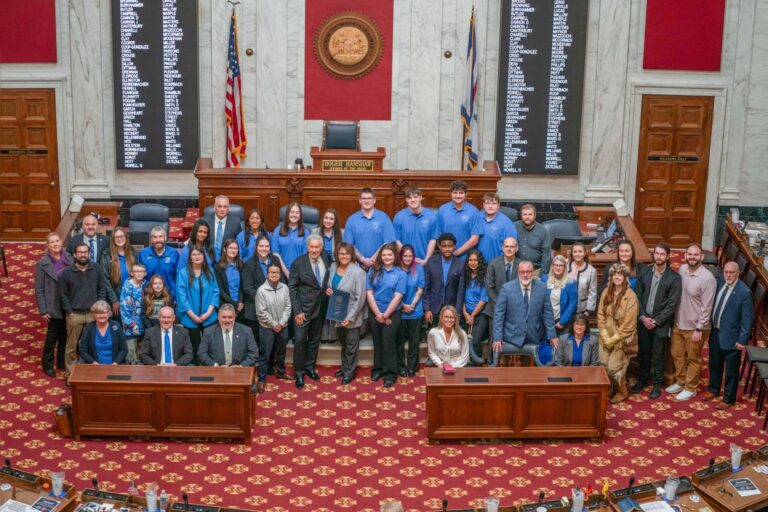MORGANTOWN, W.Va. – For many patients facing a multiple sclerosis (MS) diagnosis, the fear is of the unknown. For Eric Seachrist, M.D., neurologist at the WVU Rockefeller Neuroscience Institute, the fear came in knowing too much.
MS is an autoimmune disease that impacts the brain, spinal cord, and optical nerves. Researchers have yet to pinpoint the specific cause, but they have determined that something triggers the immune system to attack the central nervous system.
This immune response damages the myelin, the protective coating around nerve fibers, disrupting communication with the brain. This can cause unpredictable symptoms, including numbness, tingling, mood changes, memory problems, pain, fatigue, blindness, and paralysis.
Dr. Seachrist was finishing the fourth year of his neurology fellowship at the WVU School of Medicine and looking forward to graduation when he noticed some unusual symptoms. His leg didn’t feel the heat of the shower, and it started to give out on him when he was walking. He disregarded these symptoms, attributing them to a sunburn, a long flight, and stress. It wasn’t until he was in a lecture and his right hand couldn’t form a fist that he realized that he may have a more serious issue.
“I was about to sign a contract to become a faculty neurologist,” Seachrist said. “The neurology board exam was right around the corner, and every newly discovered knowledge gap produced a statistically significant amount of anxiety. In that moment, I could rationalize a subconscious manifestation of anxiety preventing me from moving my hand. Then in an instant, the preceding days flooded back to me, each carrying neglected neurological symptoms with them.”
He talked to his classmates and had them perform a neurological examination. The results only added to his concern. He realized that it was time to seek treatment and was admitted to WVU Medicine J.W. Ruby Memorial Hospital.
MRI results showed that he had a demyelinating lesion, an area where the myelin had been damaged, on his cervical spine. The lesion was isolated, and his symptoms improved with steroid treatment and physical therapy.
When his doctors performed an MRI for his one-year follow-up, they found two new lesions. This took his diagnosis from clinically isolating syndrome to multiple sclerosis.
Seachrist was not experiencing symptoms from the new lesions, and his doctors were able to intervene before they became a problem. He receives an infusion of a medication called ocrelizumab every six months, which helps to prevent the progression of his disease. He has also made lifestyle changes to stay healthy, like eating better and making time to exercise.
According to Seachrist, having a formal diagnosis gave him a way to move forward.
“Honestly, it was worse before the official diagnosis because I was in this gray area where I had had an event that could mean I could have MS, but I didn’t meet all the criteria yet,” Seachrist said. “I was in this limbo, and I was essentially just waiting for another event to happen. In a strange way, it was relieving to have a diagnosis.”
As an attending neurologist at the Rockefeller Neuroscience Institute, Seachrist frequently works with patients with MS and draws on his own experiences to better relate to his patients.
“I’m an example of someone who caught this disease early and was able to get treatment before it became debilitating,” Seachrist said. “I don’t share my diagnosis with all of my patients, but those I do tell seem to appreciate it.”
Because MS is not predictable, Seachrist tries not to think too much about what his future will look like.
“It’s something that I do worry about,” Seachrist said. “Am I going to be as functional five or 10 years down the road? I have two very small kids, so I wonder if l will be able to be as involved in their lives, and I worry about my ability to practice. The worry is always there but worrying too much won’t help either.”
Recent advances in the treatment of MS have changed long-term the outlook for MS patients.
“The good news is that MS is a much more treatable disease than it was even 10 years ago,” Melanie Ward, M.D., neurologist and Seachrist’s colleague at the WVU Rockefeller Neuroscience Institute, said. “We can give people a lot of hope, and although everyone’s journey is different, many people now do very well with treatment.”
“The first stronger medicine for MS was approved around 2005, and the first pill was approved in 2010. Since then, the treatment options have continued to greatly expand, and we have much more effective treatment options now. If we get people diagnosed early, they often do well.”
For more information about MS and other neurological conditions, visit RNI.WVUMedicine.org/Neurology.













